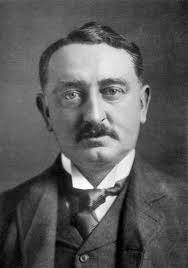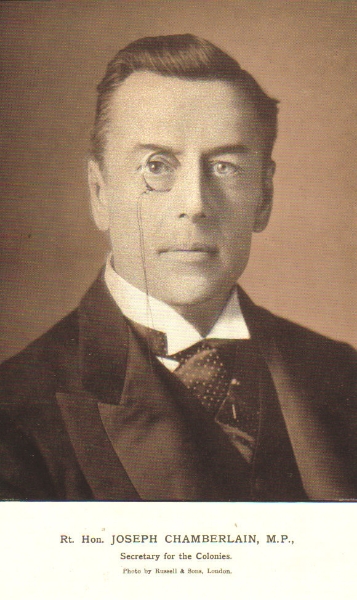
Multiculturalist Ideology (Part One): A Rationale For Race War Politics
An Examination Of The Logic of Multiculturalism

An Examination Of The Logic of Multiculturalism


After the Boer War, Joseph Chamberlain, the Colonial Secretary, made a tour of South Africa. On visiting Kimberley (where Cecil Rhodes, who had since died, had been under siege by the Boers), Chamberlain attended the Sanatorium (a hotel built by De Beers) where Rhodes and his party had been during the siege. At a banquet in the evening of the following day, Chamberlain paid tribute to Rhodes: ‘It would be ungrateful of us to forget the man who sleeps now in the Matoppo hills and whose name will always be identified with this town.’ Chamberlain continued:
‘[Rhodes] was not infallible, he made mistakes what at this time I do not care to dwell upon, but he was a great Englishman. There was nothing mean or petty about him. He had great ideas. He was careless of many of those things which attract the ordinary man. Careless of those things in the way of luxury and the pleasures which wealth can purchase. But he was ambitious of power because he believed that he could use it for the benefit of South Africa and for the advantage of the Empire. Mr Rhodes gave a new state to the Empire and he has imprinted upon South Africa his own large conception of its future destiny … the union of South Africa in one great free state under the British flag. That was the desire of his life.’
When Major-General French, commanding the relief force, relieved Kimberley, was greeted by Rhodes with glasses of iced champagne.